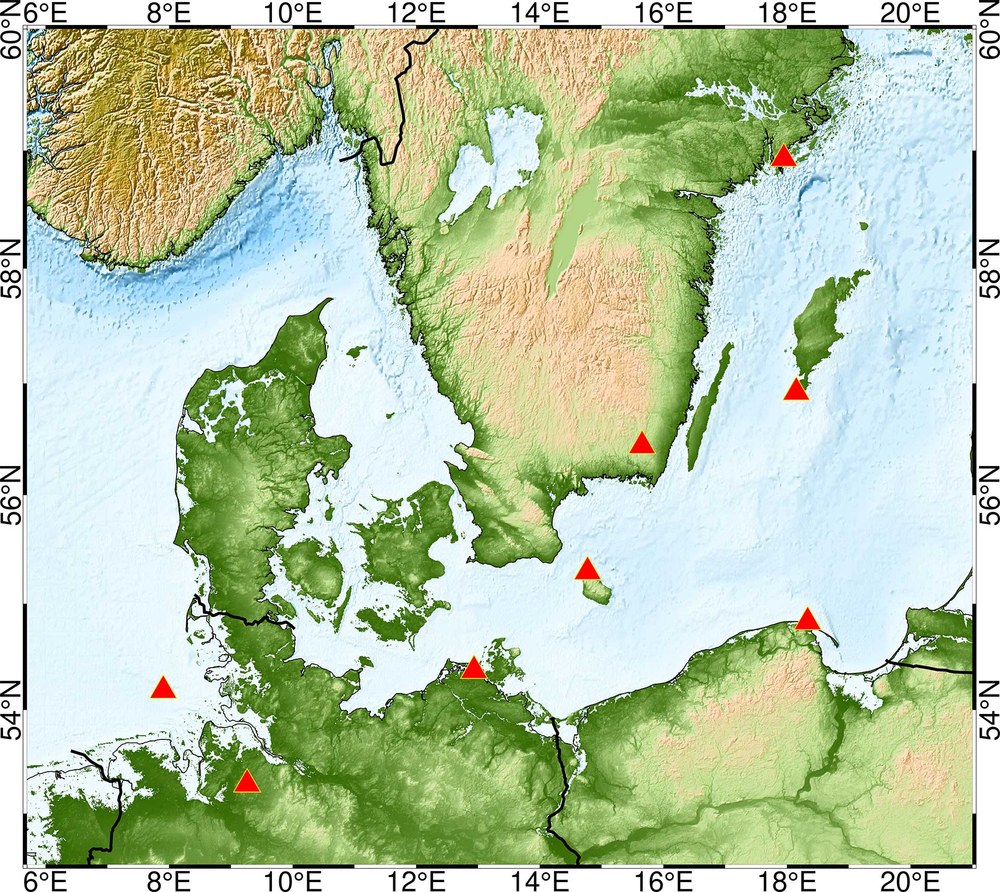Second General Assembly of the MV Excellence Project AIR-MoPSy at the DLR Site in Neustrelitz

DLR
On 19 November 2025, more than 20 researchers and industry representatives met at the DLR site in Neustrelitz for the second General Assembly of the AIR-MoPSy research project. The project aims to significantly enhance the performance and accuracy of the R-Mode system, developed by the DLR Institute of Communications and Navigation. This system represents a promising and robust backup solution to the interference-prone GPS navigation in the Baltic Sea region and is intended to improve maritime safety, particularly in coastal and port areas.

Sabrina Scholz
During the meeting, participants presented new measurement results and modelling approaches designed to enable more precise correction of ionospheric and atmospheric disturbances. Collaboration with the DLR Institute of Solar-Terrestrial Physics plays a key role in this effort, as the institute contributes its expertise in characterizing the lower ionospheric layer (D-region) and its variability.
In addition to DLR contributions, project partners from the University of Greifswald, the Leibniz Institute of Atmospheric Physics (IAP), and the Leibniz Institute for Baltic Sea Research Warnemünde (IOW) presented current research findings.
Representatives from the maritime industry also attended and discussed potential application scenarios in maritime logistics, shipping, and infrastructure monitoring. Particular interest was directed toward the integration of R-Mode services into existing navigation chains and ensuring resilience against GPS disruptions caused by external interference.
The General Assembly marked an important step toward the next project phase. AIR-MoPSy is making a significant contribution to the development of an independent, reliable, and highly accurate navigation infrastructure for Europe.

